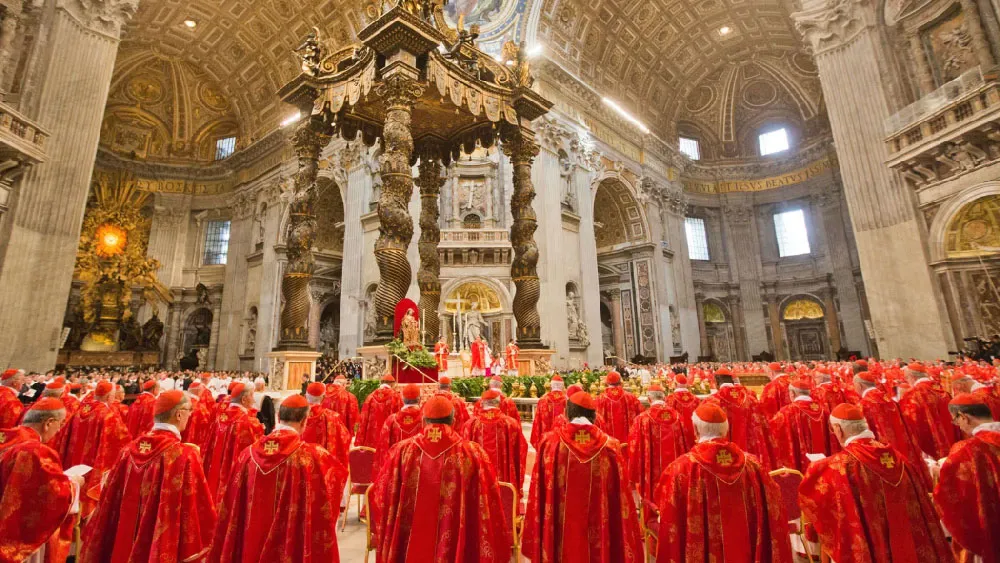June 12, 2011
Grassroots Growth in Maryland
Kevin Mark Kline READ TIME: 3 MIN.
Equality Maryland has served as Maryland's LGBT-advocacy organization for more than two decades, launched in 1990 as Free State Justice.
Today, the group is facing ample challenges. It was unable to pass two bills during the 2011 legislative session that would have enhanced LGBT equality in the state. One would have brought marriage equality to the state, and the other would have provided some statewide protections on the basis of gender identity. More recently, Equality Maryland announced that it is in the midst of a financial crisis and that its future is uncertain.
Amid the turmoil, two new LGBT advocacy groups have emerged in Maryland.
One of them is Gender Rights Maryland.
''This past [legislative] session's experience has awakened the trans community in a political sense in Maryland,'' says Gender Rights Maryland Executive Director Dr. Dana Beyer. ''As a result, we now have a critical mass with which to move forward. We've never had that before. I tried, but was never able to find enough interested people.''
While the gender-identity bill did not pass, Beyer adds that the political compromise that stripped ''public accommodations'' protections from the bill also helped to get her group off the ground.
''Suddenly, a whole bunch of people who were not politically engaged, they simply got all agitated, got angry and they got involved,'' she explains. ''We suddenly had this critical mass of people with whom we could form an organization.''
Beyer says that Gender Rights Maryland, launched in May, is less about what's happening with Equality Maryland and more about ''the awakening of the trans political consciousness.''
The transgender community was also spurred to greater action in the wake of the April attack on Chrissy Polis, a transgender woman, at a Baltimore area McDonald's restaurant, Beyer says. That attack also prompted Maryland Gov. Martin O'Malley (D) has pledged to work with legislators to enact gender-identity protections during the 2012 legislative session.
''The dynamic has changed and it was an opportunity that none of us wanted to see go by,'' Beyer says. ''Then you layer on top of that the dysfunction of Equality Maryland. It became obvious to us that not only would it be to our advantage to do this, but that we didn't really have much choice anymore.
''As of today, [Gender Rights Maryland] is probably the most credible LGBT organization in the state, and I say that because of the momentum we have and because of our board.''
Gender Rights Maryland Inc., the lobbying arm of the organization, has an eight-person board, while the educational arm, the Gender Rights Maryland Foundation, has nine people. The organization also functions with a Policy Advisory Board of 11 members.
''It's a pretty diverse bunch of folks,'' Beyer says. ''We've got trans men and trans women, gay men and gay women, straight men and straight women. ... We're really trying to have a very broad overview of the community so we get everyone's input on the political issues.''
And while Beyer says Gender Rights Maryland did not form directly as a result of Equality Maryland's instability, that doesn't seem to be the case with Marryland Etc.
''We call it 'Marryland Etc.' because marriage is just part of what we need,'' says Sama Bellomo, a Howard County resident who identifies as transgender and is the founder of the organization, which released a charter document describing the organization and its mission on June 6.
That mission is ''to organize volunteers to serve as ambassadors of equality for LGBT and related causes by making the most of the time and talents volunteers already possess for the betterment of LGBT people of Maryland and the United States.''
During the 2011 legislative session, she was in Annapolis frequently to volunteer with Equality Maryland.
''Regardless of [Equality Maryland's] issues, we still have a problem to solve,'' Bellomo says. ''Since Equality Maryland has hit its financial crisis, people have lost sight of what we're all here to do, regardless of the agency that we come with.
''My goal was to make use of the volunteers that we have. There are people who just say, 'I have no idea what to do because I don't know anything about how politics work, but I have plenty of time on my hands.' I want to be a clearing house or landing space for individuals and groups to get together based on the task at hand.''
Bellomo says he hopes in coming weeks to develop a board and executive team for the organization.
''The most important thing is that we are not out to trump any agency,'' he says. ''We want to fill in the gaps. That's the goal. I don't want to take over the campaign [for marriage]. We just want to do what we can.''


